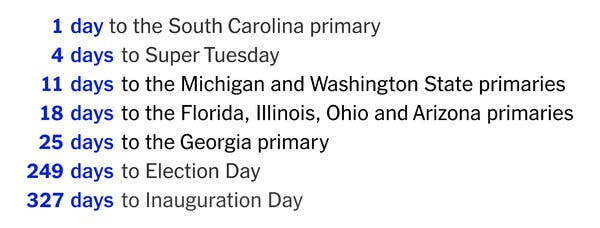“This court is not imposing ‘citizenship by judicial fiat.’ The action is required by the mandate of the Fourteenth Amendment as construed and applied by Supreme Court precedent,” wrote Judge Clark Waddoups in the US District Court for the District of Utah.
“Further, Plaintiffs are American Samoans. They brought this action seeking to realize their rights to citizenship under the Fourteenth Amendment,” he added. It’s unclear whether Waddoups’ order applies to American Samoans beyond Utah.
“It’s an overwhelming victory but it’s the first step in what will likely be several more steps,” said Neil Weare, attorney for the plaintiffs and the president and founder of the non-profit Equally American.
In 2016, the Supreme Court declined to reconsider a ruling in a similar case from the US Court of Appeals for the District of Columbia Circuit that the Constitution does not confer citizenship on those born in American Samoa.
Read More
But the Utah district court isn’t bound by the DC Circuit, allowing it to disagree, though it has the potential of creating a circuit split if a different court affirms the decision, according to Steve Vladeck, CNN contributor and professor at the University of Texas School of Law.
American Samoa has been a US territory since 1900. Those born in the other US territories — Puerto Rico, the Virgin Islands, Guam and the Northern Marianas — all get citizenship at birth, but that was determined by statute in Congress. No such law exists for American Samoa.
American Samoans living in Utah brought the suit in 2018, arguing that being “non-citizen nationals,” instead of US citizens closed the door to some employment opportunities and didn’t allow them to vote, among other rights afforded to US citizens.
Their passports also include a disclaimer that reads: “The bearer is a United States national and not a United States citizen.”
“It doesn’t feel very good when the federal government says you’re American, but not quite the same as other Americans, just a little bit different. Just being able to say they’re real American citizens, I think that goes a long way, in addition to being able to vote,” Weare said.
The US Justice Department declined to comment on the ruling.



